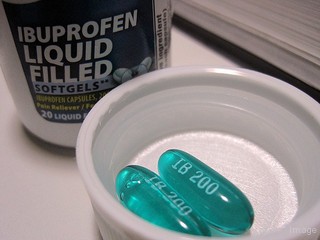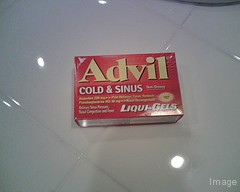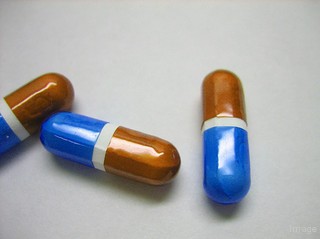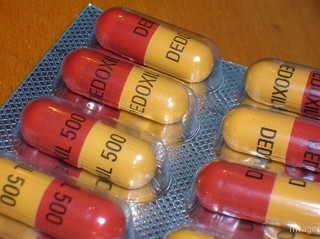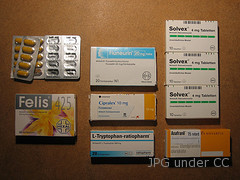At the current time, alcohol with antibiotics is one of the things most doctors and pharmacists advise you not to do. It’s best to listen to them, but some of us are so fond of their daily dose of alcohol, that they can’t refrain from drinking on antibiotics, even with the risk of slowing down or even stopping their healing process.
There is a popular belief that alcohol ingestion will cause antibiotics have a diminished effect, but this is not the real reason why you should avoid drinking while on antibiotics. The truth is that alcohol consumption increases the risk of side effects caused by the drugs. Moreover, it may cause additional adverse reactions which can go from mild to severe. Such reactions include, but are not limited to: nausea, vomiting, headaches, chest pains, skin flushing, dizziness and sleepiness.
Recent studies showed that indeed, the old myth has a seed of truth: there are some antibiotics that are dangerous to take while drinking alcohol. This group of drugs includes metronidazole, tinidazole and sulfamethoxazole or trimethoprim. All these medicines act by blocking one of the main pathways in the body that metabolize alcohol. This blockage leads to a rapid buildup of acetaldehydes in the body. Acetaldehydes are responsible for the nasty hangovers you may be familiar with. The more you have in your body, the more severe the symptoms will be. This is why most doctors will probably warn you and explain you in great details why you should stay away from alcohol during the treatment.
Another category of antibiotics are those which may cause inflammation of the liver, thus leading to a mild form of hepatitis. If you give your liver the additional task to process large amounts of alcohol, you could irritate it even further. It’s best to stay clear at least until you finish the treatment, if you want to regain your health fast and without sequels.
For other classes of antibiotics, effects aren’t that dramatic; therefore moderate alcohol consumption won’t make a noticeable difference in the recovery speed or in the adverse effects severity. Even so, drinking alcohol on antibiotics isn’t a good idea, because of alcohol effects on the body. For instance, when you drink alcohol, your blood vessels tend to dilate.
This will interfere with your body’s attempt to heal an infection by increasing its internal temperature. Fever helps to slow down the infection, and if your body is unable to raise a proper fever, it means you are more exposed to the harm spreading out. Alcohol intake puts more pressure on the kidneys as well, forcing them to lose more fluid. This may lead to dehydration, which is the last thing you need in case of sickness.
There are patients who are tempted to give up the treatment a few days earlier than they should, only because they have to attend an important celebration and they want to enjoy it to the full by drinking cocktails or spirits. This is another big mistake. By undergoing an incomplete treatment, you won’t heal completely, and you’ll help the viruses that made you sick to develop drug resistance.
You’ll expose yourself to recurring infections, and you’ll have the unpleasant surprise to see that antibiotics and alcohol will have a much diminished effect. Antibiotic treatments should be followed for the entire period of time prescribed by your doctor. This is a very important thing, even if you already feel much better after a few days of taking your pills.
It may be sad not to be able to drink at your office Christmas party or at your birthday celebration, but health is the most important of all and it should be treated as a top priority.

